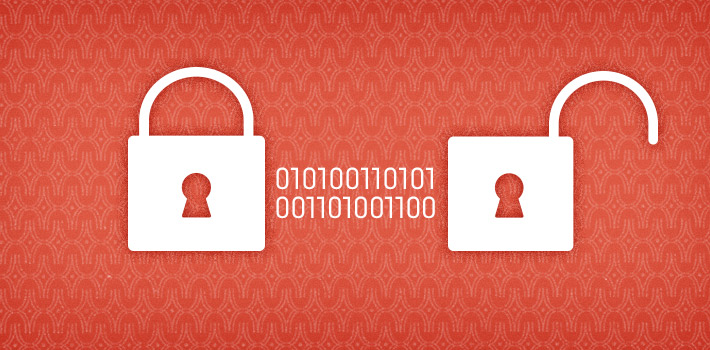SSL is the encryption that makes it safe and secure for us to do our banking, and shopping online in a way that is designed to prevent eavesdropping and tampering. Everything that travels from your computer (when you are on a website with SSL – often indicated by a little lock in your browser) over the internet, and then to your bank, or other website is encrypted via SSL.
We’re a cautious bunch, so it’s a no brainer that we like SSL.
Google announced their “HTTPS everywhere” campaign a couple months ago at https://www.youtube.com/watch?v=cBhZ6S0PFCY” target=”_blank”>Google I/O, and last Wednesday posted to their webmaster central blog that they are ranking websites higher if they have an SSL certificate.
Everyone wants to rank higher in Search Engine Results, and with this announcement, having an SSL certificate on your website (whether it is needed for security or not) has just become another cost of doing business on the web.
In initial tests Google discovered that using this as an indicator of a website’s quality and authority were helpful in providing better search results to users. As more websites adopt this, Google plans to “strengthen it as a ranking factor”. Because an SSL certificate costs anywhere from $70-500 per year, it makes sense that most “spammy” sites that lack credibility wouldn’t have purchased one, and sites that have purchased one are more credible.
But in adding this update to search, the next obvious step for all those little spammy sites (that are making money every day) will add SSL certificates in order to compete. Especially in the short term, these sites may flip the advantage that Google has discovered and be able to beat out more reputable sites for their search result position based on the fact that the spammy site has purchased an SSL.
In order to have an SSL certificate installed on a server, the server must have its own IP (Internet Protocol) address to associate with the domain requesting the SSL Certificate. The IP address is like a phone number to the web-server. But these addresses are in short supply. At the close of 2013, there were 271 Million Domain Names. There are also more than 8.7 billion devices connected up to the internet (some of these share IP addresses). Your Internet connection in your home or office is using its own IP address. There are globally only roughly 4 billion IP addresses available. Different models predict the remaining unassigned IP addresses will run out somewhere between 2014 and 2019. Google’s initiative will certainly accelerate the consumption of unassigned IP addresses. The next iteration for IP addresses is already started in practice, but there still remain compatibility issues with older devices. Until that is resolved, it will get more and more difficult to obtain new IP addresses, even though you are able to buy a new device, or new domain.
In the short term, SSL certificates are is here to stay as a ranking factor. To get the best possible rankings for your site, having an SSL is the way to go. Think of it like a marketing tactic and you can thank Google later.
